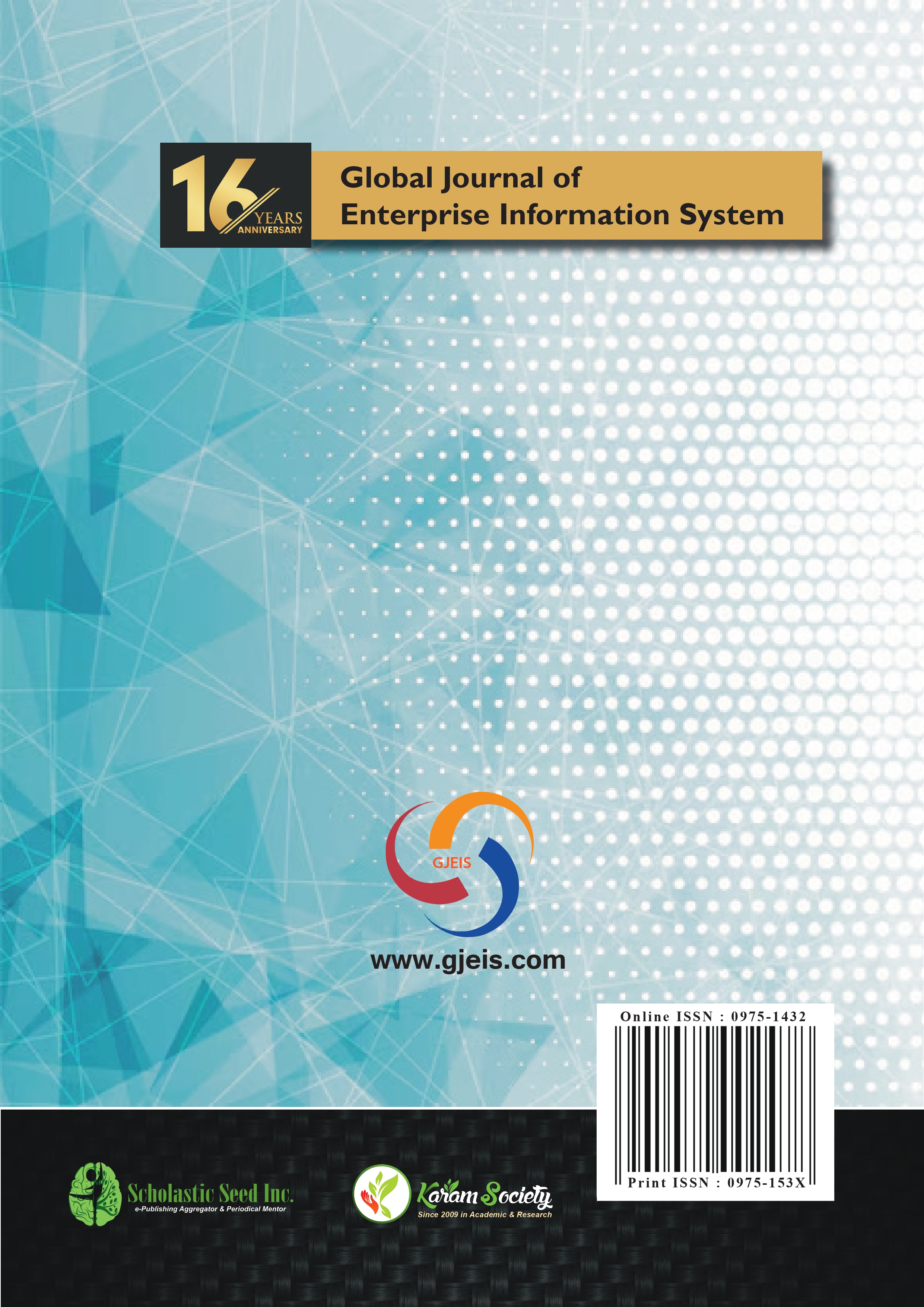Even the silent one’s speaks- Organisational silence and its antecedents
Abstract
Purpose: The aim of this paper is to review the concept of organisational silence
and explore the factors influencing organisational silence. The current study will
consider other factors which are revealed through gap in existing literature.
Research Design/ Methodology: The paper is based on literature review. The
paper suggests that employee silence is pervasive in organisation but it is neglected
for number of reasons. It is often said that an organisation is known by the people
who work for it. But many times these people who are considered to be an asset
for the organisation do not contribute through their knowledge, experience and
suggestions. Which give rise to the concept of employee silence collectively known
as organisational silence.
Findings: People while working in the organisation depends upon one another
to seek more information & validate their views & also influence each other. This
social influence forces people to modify their views & conform to others views,
which give rise to the concept of social conformity. Social conformity forces
people to modify or suppress their views and conform to others belief in order to
be accepted in organisation. If people find that majority shares their views then
they speak up else they are forced to remain silent. The study revealed that apart
from organisational and individual factors, perception of other people also affects
one’s ability to speak up.
Originality: Previous studies on organisational silence focussed on organisational
factors such as organisational support, top management & supervisory support,
justice climate, lack of communication opportunities and individual factors such as
fear, lack of experience in organisation, personality of employee but there is dearth
of research on how perception of people in organisations affects one’s ability to
share opinion or information. The current study considered how perception of
people in the organisation affects one’s ability to share his /her views, forces him /
her towards conformity and create a silence climate in the organisation.
Paper type: Conceptual paper
Copyright (c) 2021 Global Journal of Enterprise Information System

This work is licensed under a Creative Commons Attribution-NonCommercial-NoDerivatives 4.0 International License.








